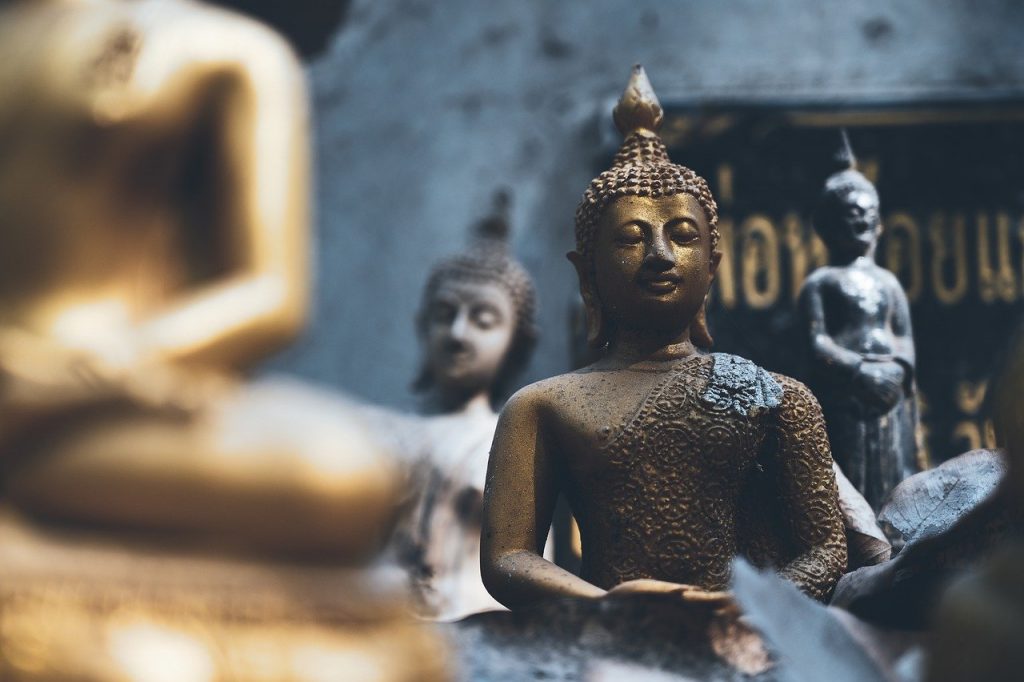by Kaspa

‘These things are good; these things are not blamable; these things are praised by the wise; undertaken and observed, these things lead to benefit and happiness,’ enter on and abide in them.
The Kalama Sutta
There are so many different kinds of suffering, and so many available teachers and teachings claiming to speak to that suffering. How can we know what to trust? How can we know what to do?
At one time the Buddha visited Kalama and was asked about what teachings the people of Kalama should follow. They had various visiting holy figures, which teaching should they trust?
The Buddha encouraged them to observe the result of practising those teachings, to test them and to observe the people who are practising them. If they lead to happiness for all beings, follow them. If they lead to suffering, reject them.
I think this advice works on two levels. We can consciously observe the practices and results and think through the teaching and the situation we are in. This kind of working out can be very useful and valuable.
There is also an intuitive process that becomes easier to access the longer we have been practising for. As our meditation or nembutsu practise deepens we occasionally receive guidance from something outside of our own small minds: the wisdom of the Buddha appears spontaneously and we have a deep confident sense of the next right thing.
Often this is so obviously the right direction that there is no need to question or test it. We can simply trust and follow the wisdom of the Buddha.
Sometimes we may doubt what we receive, and then we can test it by asking is it in line with the precepts? Will it lead to happiness? Is it in the spirit of generosity and compassion?
Rev Koshin Schomberg describes receiving wisdom at this deep level:
“From this position of meditative effort, one can entrust every problem to the Eternal, waiting patiently for the teaching that will help the need…
…We do not have to be any kind of special person to receive the Eternal’s Teaching. Nor is it ever far from us. Anyone who has sat down to meditate in some state of confusion about what is truly good to do in a situation, and got up from meditation less confused, has experienced the follow of Wisdom to need. — All we need to do is to settle down, stop running around in our head, and allow the Eternal to get a word in edgewise.”
How to Grow A Lotus Blossom: Reflections by Rev. Koshin Schomberg
In a complex world, where there are many difference teachings and many different kinds of suffering, knowing who to listen to, what to practise and what to do can be confusing. Using these two approaches — careful observation and thought, and developing our connection with ‘The Eternal’ —can help us find our way.
